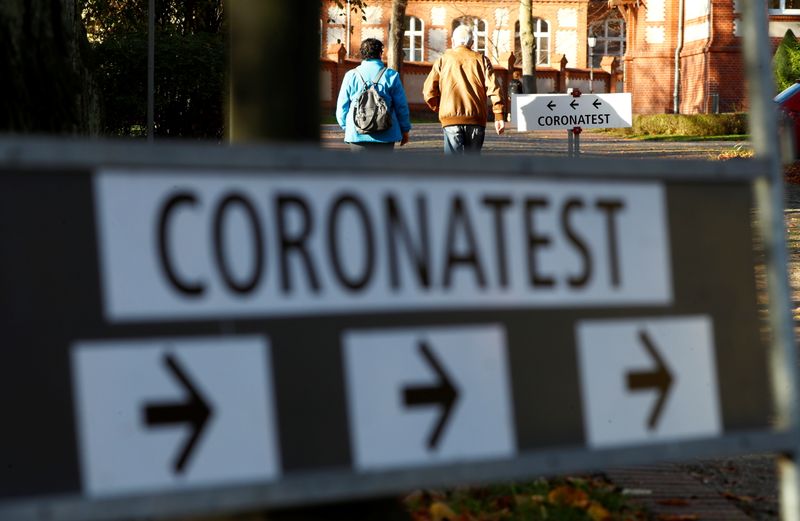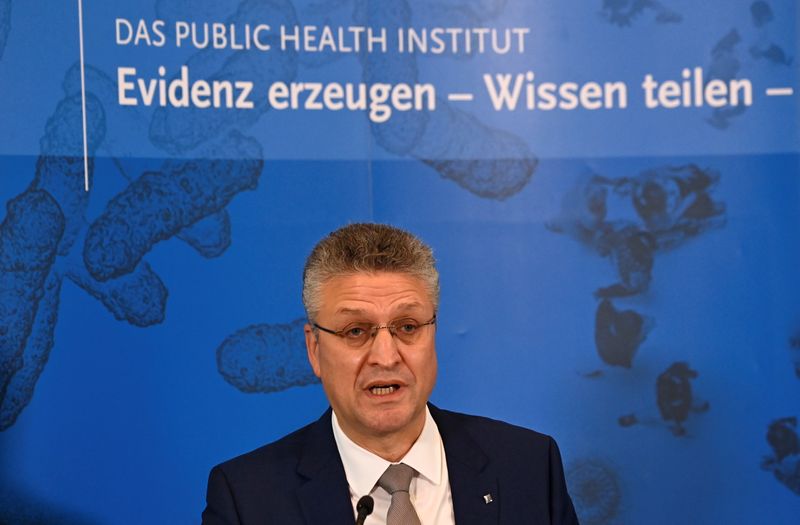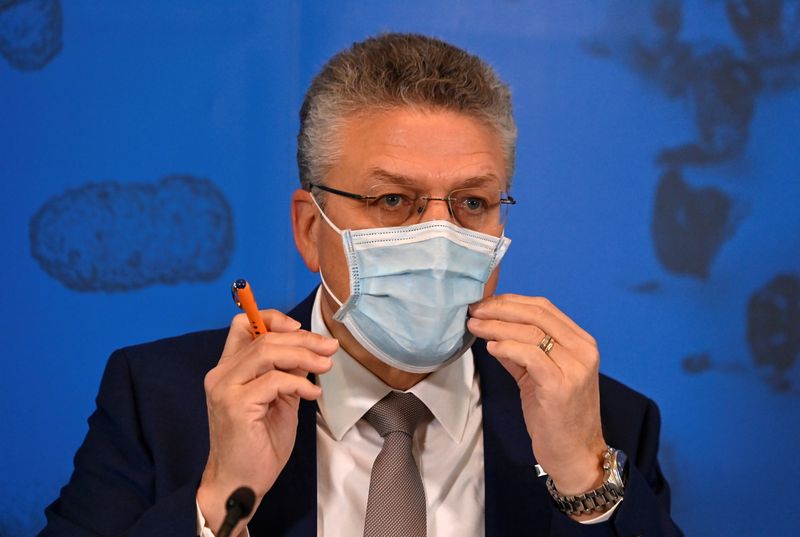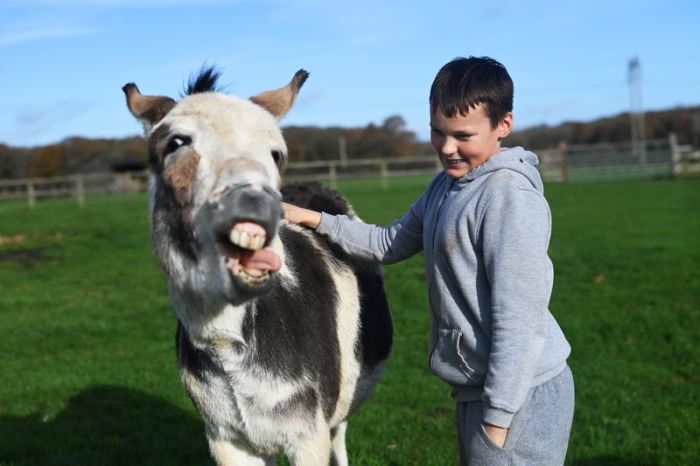BERLIN (Reuters) – The number of new COVID-19 infections in Germany remains far too high but there are signs that the country’s “lockdown lite” is working and could reduce numbers soon, health officials said on Thursday.
“It is a fact that the measures are working,” Lothar Wieler, head of the Robert Koch Institute for infectious diseases (RKI), told a news conference, referring to Germany’s partial lockdown in place since Nov. 2.
Bars and restaurants are closed, while schools and shops remain open. Private gatherings are limited to a maximum of 10 people from two households.
After an exponential increase in the number of infections over the past weeks, Wieler said a plateau had now been reached.
“We do not see the number of cases falling yet, but I am optimistic that they will.”
However, he stopped short of raising hopes for restriction-free Christmas holidays, saying it was unclear how long measures to slow the pandemic will have to remain in place.
Confirmed COVID-19 cases in Germany over the past 24 hours increased by 22,609 to 855,916, the biggest daily rise since a record of 23,542 on Nov. 13, RKI data showed on Thursday.
Europe’s largest economy has reported 139 cases per 100,000 residents over the past seven days. Experts say that needs to be reduced to 50 to still be able to trace contacts and politicians including Chancellor Angela Merkel have signalled that restrictions could be tightened further next week.
Although most Germans accept the latest measures, critics say the amendment endangers civil rights. On Wednesday, police fired water cannon and pepper spray to disperse thousands of protesters who opposed a new legal framework for enforcing restrictions.
Health Minister Jens Spahn called on people to show solidarity and team spirit in face of increasing polarization in society.
“We have gained a foothold with the numbers, but we are not out of the woods yet,” he said at a retailers’ congress, warning of a “long skidmark”.
In Hamburg, an analysis of infections between August and October showed that children were four times more likely to catch the coronavirus during private gatherings than at school.
The city’s school authority said 78% of the 372 children infected with the virus between the summer and autumn holidays caught it outside school, with children under 12 only half as likely to become infected as older ones.
RKI’s Wieler also welcomed recent news on vaccine trials, saying vaccines with an efficacy of more than 90% would be “great weapons” against the pandemic.
After Pfizer <PFE.N>, BioNTech <22UAy.F> and Moderna <MRNA.O> released data from late-stage COVID-19 vaccine trials that showed more than 90% efficacy, Britain’s AstraZeneca <AZN.L> said Thursday a potential vaccine developed with Oxford University produced a strong immune response in older adults.
(Reporting by Thomas Seythal, Kirsti Knolle, Emma Thomasson; Editing by Michelle Adair, Mark Heinrich and Nick Macfie)



























